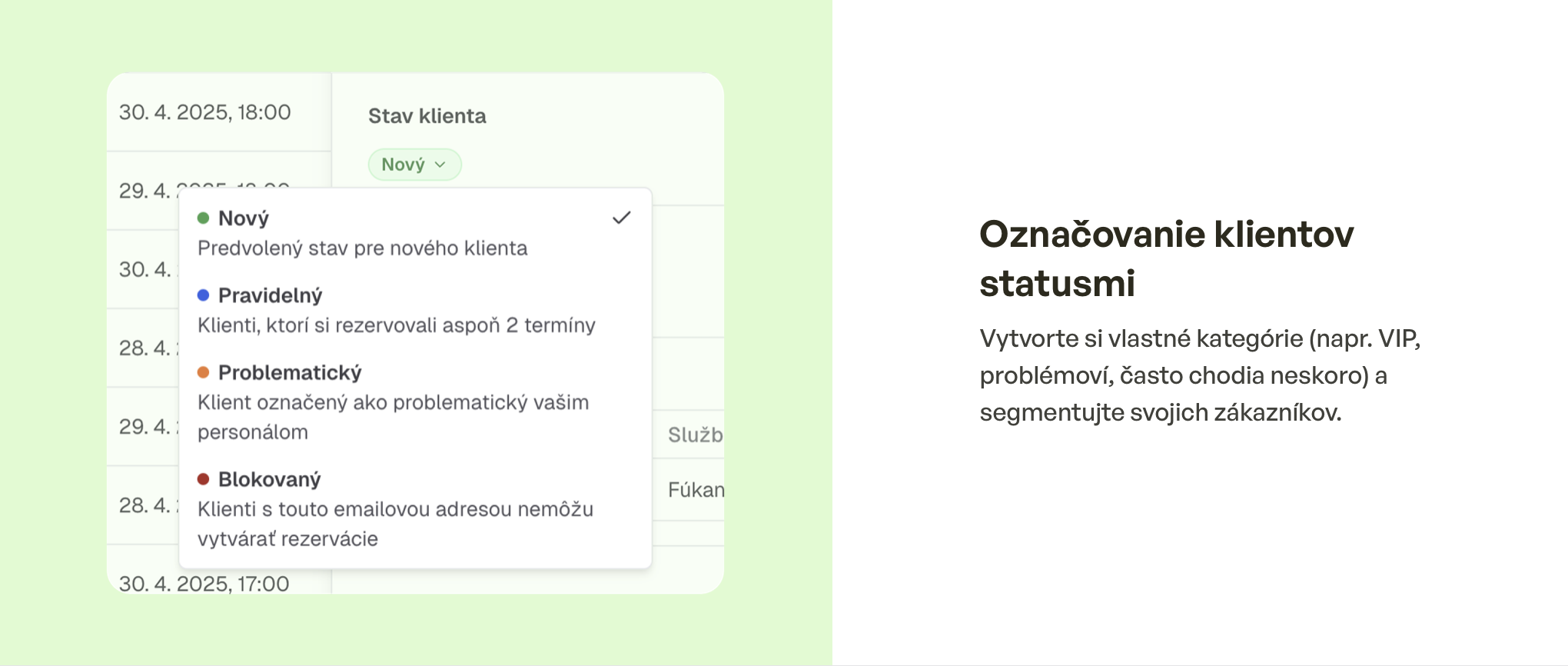How to Reduce No-Shows? 6 Practical Tips

Imagine this situation: you have everything prepared - your workspace, materials, dedicated time and space, and the client doesn't show up. No phone call, no message. Just an empty slot that could have been used meaningfully, and which is now costing you money and energy.
No-shows aren't just an inconvenience. They mean lost income, a disrupted schedule, and unnecessary stress.
Why do clients not show up?
The most common reasons:
- They forgot. In a hectic day, this happens more often than you might think.
- Their plans changed. Illness, traffic jam, unexpected meeting.
- Lack of commitment. When a reservation costs nothing, nothing compels them to show up because they haven't caused themselves any loss.
- Complicated cancellation process. If they have to call during your business hours or send emails, they often just leave it.
How to reduce no-shows? 6 practical tips
1. Start with clear rules
- Include cancellation terms directly in the booking process - not in fine print, but clearly and directly. Example: "Cancellations are possible up to 24 hours in advance, otherwise we charge 50% of the service price."
- When clients know what's expected of them, they respect your time more.
2. Automatic reminders as a necessity
People forget. But you don't have to chase everyone manually. Automatic reminders are the simplest step to avoid such unpleasant situations.
- SMS or email reminders 24-48 hours before the appointment can reduce no-shows by up to 30%.
- In Meety, you can set when and how they're sent, and clients can reschedule with just one click.

3. Small commitment = big difference
A very effective way to prevent cancellations is introducing deposits or upfront payments.
- Even a symbolic deposit works wonders. When a client pays a small amount upfront, they have a natural tendency to show up because their absence causes a loss to themselves, not just to you and your business. It's not about punishment, but about mutual respect.
- Upfront payment is even more effective. A client who has paid the full amount will almost always show up.

4. Make rescheduling easy
Illness, traffic jams, unexpected obligations - these things happen.
- When a client has to call during your business hours, they often prefer to just leave it. If you set up automatic reminders, the client receives an email where they can easily reschedule themselves without needing your assistance.
- Give them the option to reschedule online, directly through a link in the reminder.
5. Reward reliability
Building personal relationships with your clients is key to your business success. If they're satisfied with you, they'll gladly return. Loyal clients deserve advantages, such as priority appointments or small bonuses for regular attendance.
6. Blocking problematic clients
Although this is an extreme solution, in some cases it's necessary. If someone repeatedly doesn't show up despite flexibility on your part and repeated reminders, consider the option to block the client's profile. This client won't be able to make new reservations with you until you remove them from the blacklist.
This way you protect your time and reserve it for those who value it.

Your time deserves respect
If you're still calling after clients or empty slots are disrupting your day, the problem isn't with you, but with the system.
Meety will help you set up:
- clear conditions
- automatic reminders
- flexible appointment changes
Turn negative experiences into an opportunity to elevate your business to the next level with technical solutions like a booking system. At Meety, we're very happy to help and can even prepare your page for you. Would you be interested?




